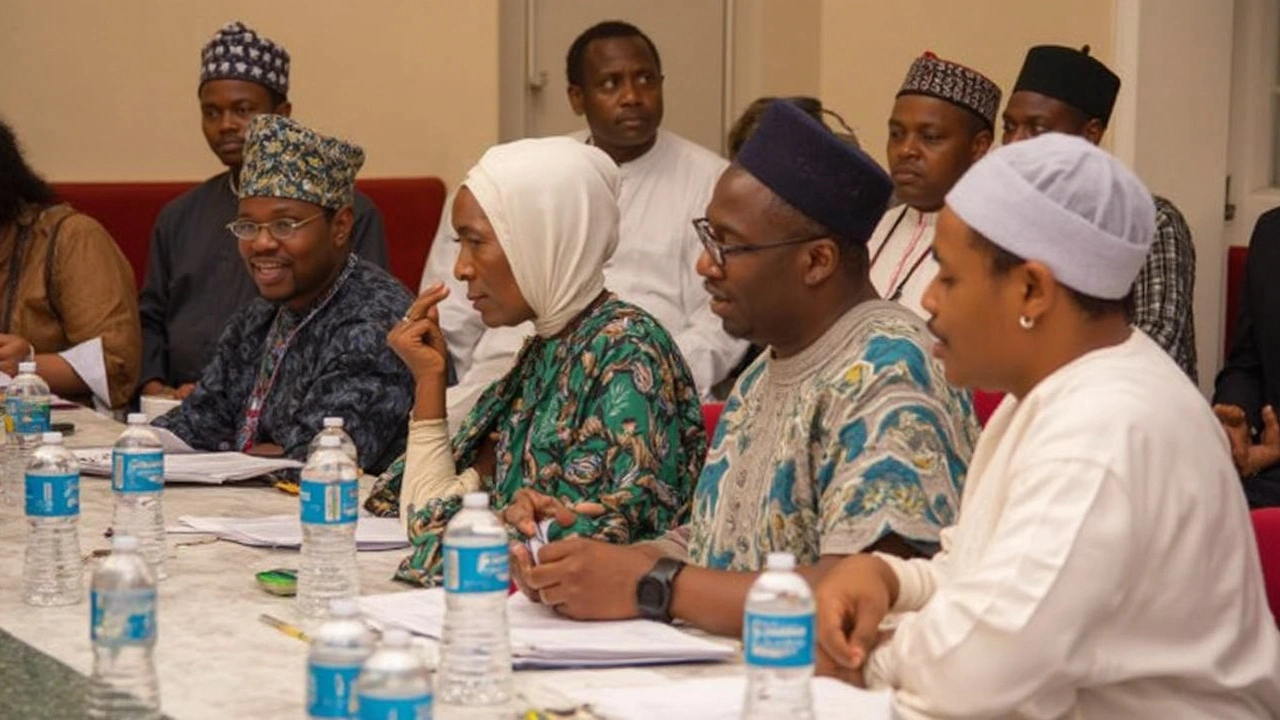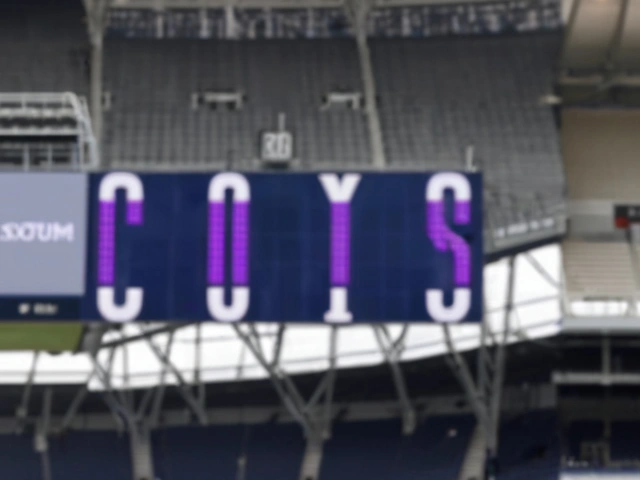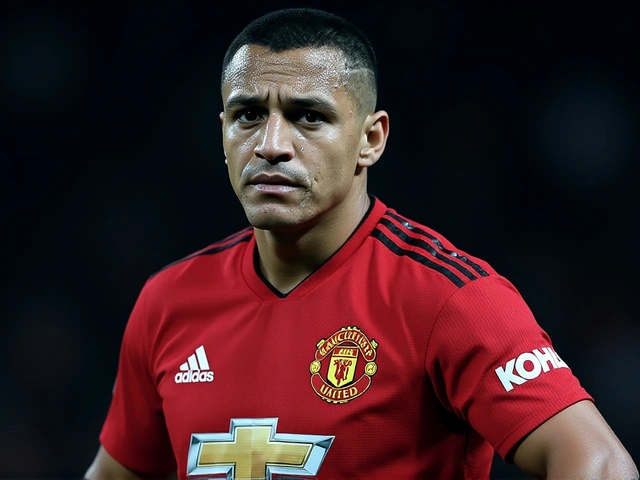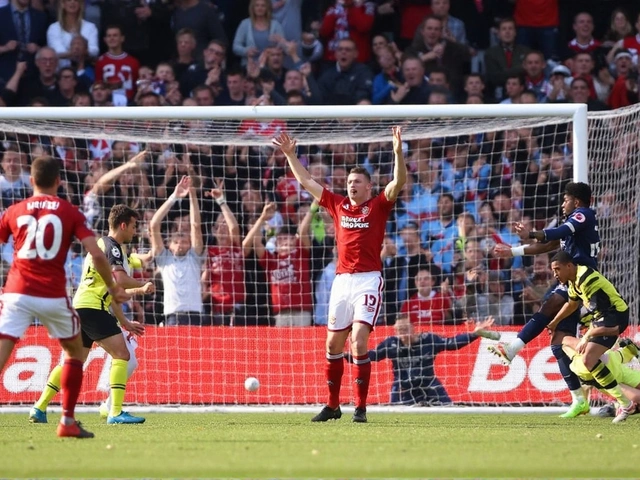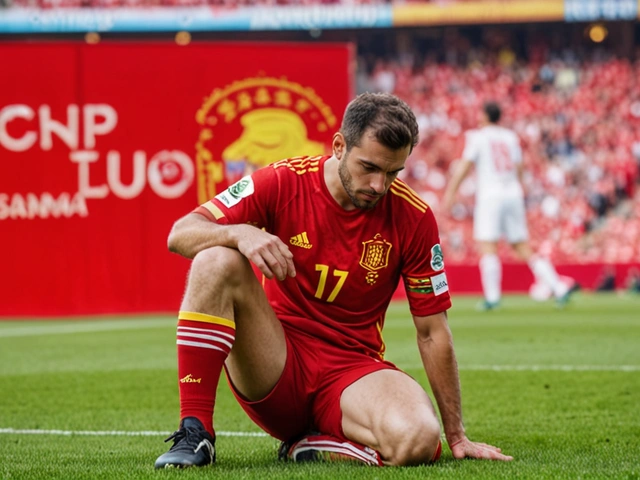Nigeria democracy: What’s at stake and how to follow the news
Nigeria’s democracy feels like a live match — messy, loud, and full of high stakes. Elections, judicial rulings, protests, and money in politics shape daily life. If you care about Nigeria’s future, you need straightforward facts and a clear idea of where power actually sits. This tag page gathers reporting, analysis, and updates so you can spot trends, not just headlines.
Elections are the obvious flashpoint. Voter registration, transparent vote counts, and impartial election commissions determine if results reflect the will of the people. Watch for issues like ballot logistics, reports of intimidation, and how quickly authorities share verified results.
Institutions matter. A functioning judiciary, independent media, and accountable security forces keep leaders in check. When courts rule without fear or favor, and journalists can report freely, democratic rules hold. When those institutions weaken, informal power fills the gap.
Key issues right now
Corruption and patronage still distort politics. Big money buys influence through campaign funding and contracts. That matters because it shapes policy more than votes do. Also watch youth engagement. Young Nigerians use social media and street protests to demand change — and that energy can shift outcomes quickly.
Security and regional tensions affect elections and civil rights. Areas with violence see lower turnout and limited political organizing. Displacement and economic strain change how communities vote and who represents them.
Law and enforcement are changing too. Look for cases where courts test executive power, or where police and the military are used for political aims. These moments often show whether democracy will deepen or backslide.
How to stay informed and act
Follow multiple sources. Don’t rely on one outlet or a single social feed. Combine reputable local reporting, independent fact checks, and official documents like electoral commission statements. On this tag page you’ll find our coverage, context pieces, and links to original sources.
Check timelines and named sources. A good report gives dates, where information came from, and who said it. If a story cites anonymous claims, look for follow-ups that add proof or official comment.
Use your voice. Vote, observe local forums, and support independent media or civic groups. If you’re outside Nigeria, share trusted reporting and donate to vetted organisations helping election monitoring or civic education.
Watch patterns, not single events. An isolated protest or court decision can matter, but patterns of weakening institutions, repeated vote problems, or concentrated media control point to deeper threats.
This tag page will update with fresh reporting and analysis on Nigeria’s democracy. Bookmark it, subscribe to alerts, and come back when breaking news appears. If you want a specific issue tracked — elections, judiciary, or youth protests — tell us and we’ll prioritize coverage. We also track court rulings, budget fights, and civic education campaigns. Send tips or documents, and we'll verify before publishing. Expect clear timelines and follow-ups so you can judge claims against facts. We aim for fast, accurate updates without hype. Share corrections if you spot errors. We listen, truly.
Richard Odusanya calls on General Ibrahim Babangida to fully own up to his role in the annulment of the June 12, 1993 election, a decision he deemed regrettable in his memoir. This annulment disrupted the democratic process, beckoning demands for justice and the revocation of honors granted to key figures benefiting from the fallout.
Recent-posts
Aug, 10 2024
Apr, 28 2025

